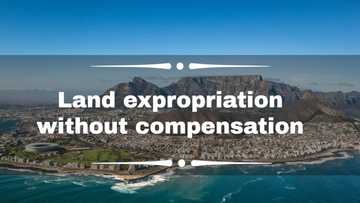World Environment Day 2021: the Generation That Can Make Peace With Nature
It is the air we breathe, the soil we plant our food in, the water we drink; it is the single most important thing for our survival - it is planet earth and we are killing it.
PAY ATTENTION: Click “See First” under the “Following” tab to see Briefly.co.za News on your News Feed!
Most of us live our lives without a single thought of the environment. I mean, why would we worry about the earth, it has been around for thousands of years and it will be around for thousands more, right?
It is hard predicting the future and even though many people have tried, no one can know exactly what will happen in a hundred or thousand years from now.
However, that doesn't mean that the warnings about global warming, the destruction of earth's biodiversity and other environmental issues should be ignored.
That's why the World Environment Day 2021 is calling on people to 'Reimagine, Recreate and Restore' in order to save our planet.

Source: Getty Images
World Environment Day
The 5th of June marks the annual celebration of World Environment Day - an initiate by the United Nations which aims to create awareness about the environmental issues, including marine pollution, global warming and wildlife crime, to name only a few; and thereby encourage action to make the necessary changes needed to preserve our beautiful planet and its biodiversity.
World Environment Day (WED) was established in 1972 during a UN conference on the Human Environment in Stockholm.
Two years later, in 1974, the world celebrated WED for the first time with the theme "Only One Earth." It has been celebrated ever since by over 143 countries annually.
Reimagine. Recreate. Restore.
The theme for this year's World Environment Day is Reimagine. Recreate. Restore. Instead of focusing on the negative, the day encourages people to take control over the issues that are plaguing the environments.
On the WED website it reads:
"This is our moment. We cannot turn back time. But we can grow trees, green our cities, rewild our gardens, change our diets and clean up rivers and coasts. We are the generation that can make peace with nature. Let’s get active, not anxious. Let’s be bold, not timid."
PAY ATTENTION: Never miss breaking news – join Briefly News' Telegram channel
Briefly News took a look at some of the threats the environment faces and how we can change our ways to preserve what is left. We asked Professor Karen J Esler for her insights into some of the environmental issues.
Esler is a distinguished Professor and the previous head of the Department of Conservation Ecology and Entomology at Stellenbosch University (2015-2020).
Prof Esler is a member of the DST-NRF Centre of Excellence for Invasion Biology since its inception in 2004 and she currently serves as African Associate Editor for the journal Conservation Biology.
There are too many environmental issues
While climate change is one of the big environmental problems that humanity will face over the next decade, it isn't the only one.
We asked Professor Esler which environmental issues she thought were the most serious and she couldn't highlight only one.
"I think the most serious environmental issue today is that I can’t necessarily pin-point a single issue – there are so many. We are losing biodiversity (genetic diversity, species, habitats and ecosystems) at dramatic rates, this means we are eroding nature’s essential services sometimes taken for granted," she said.
These include the "clean air, clean water, nature experiences that influence our well-being, diverse healthy soils, crops, microbiomes and diets that contribute to our health."
Prof Esler added that the insatiable appetite for fossil fuels and land is triggering catastrophic climate change and increasing risk of infectious diseases - which means it is not only the earth that suffers, but our health as well.
We took a brief look at only some of the issues that have impacted the environment.
Global warming as a result of CO2 emissions
According to the UN, CO2 emissions have increased by almost 50% since 1990, which accelerates global warming. Climate change as a result is causing meteorological events like heat, drought, insect outbreaks and floods.
Wildfires have been more frequent and more severe in the past couple of years in countries around the world.
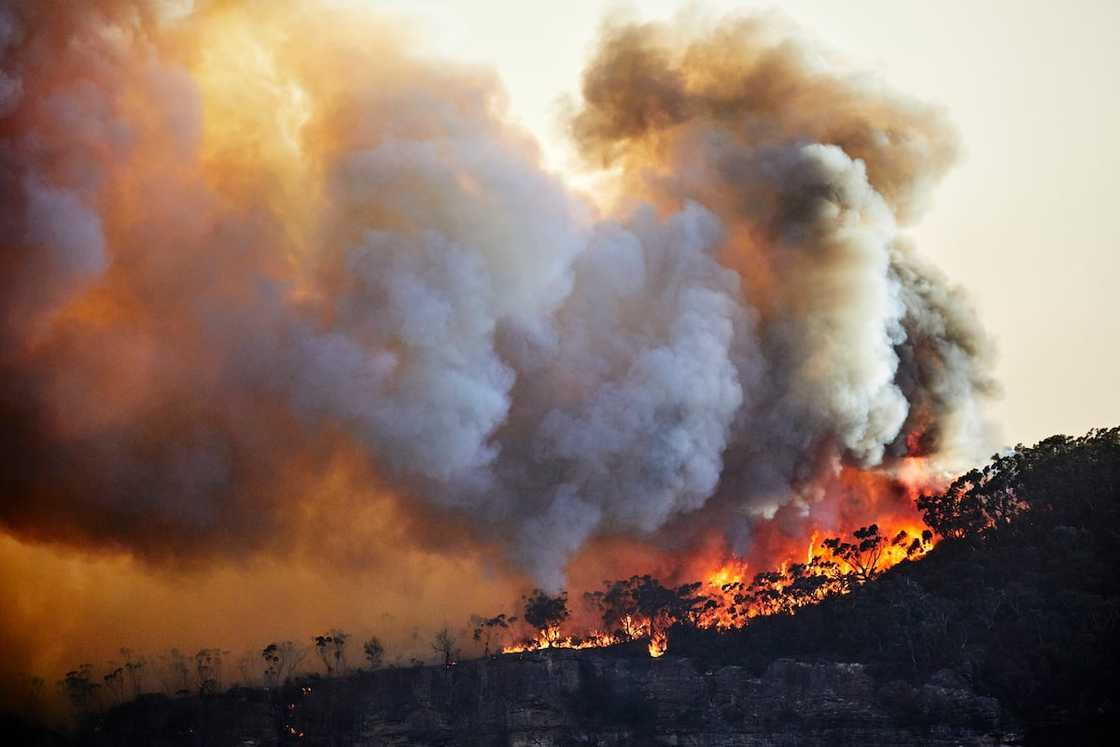
Source: Getty Images
These issues threaten the survival of millions of people, plants and animals. In some parts of the country, farmers are asking for help keeping their livestock alive as a result of droughts, while in other parts an unusually wet summer led to crop fields flooding, resulting in poorer harvests compared to the previous year.
Deforestation led to the Amazon to lose over 17% of its forests in the last 50 years
Another issue that is leading to the loss of biodiversity is deforestation. According to WWF, forests make up over 31% of the earth and account for 80% of the world's land-based species, such as elephants and rhinos.
However, the world's forests are under threat as a result of deforestation and forest degradation. In 2019, the tropics lost nearly 30 soccer fields' worth of trees a minute and WWF reported over 17% of the forests in the Amazon have been lost over the past five decades.
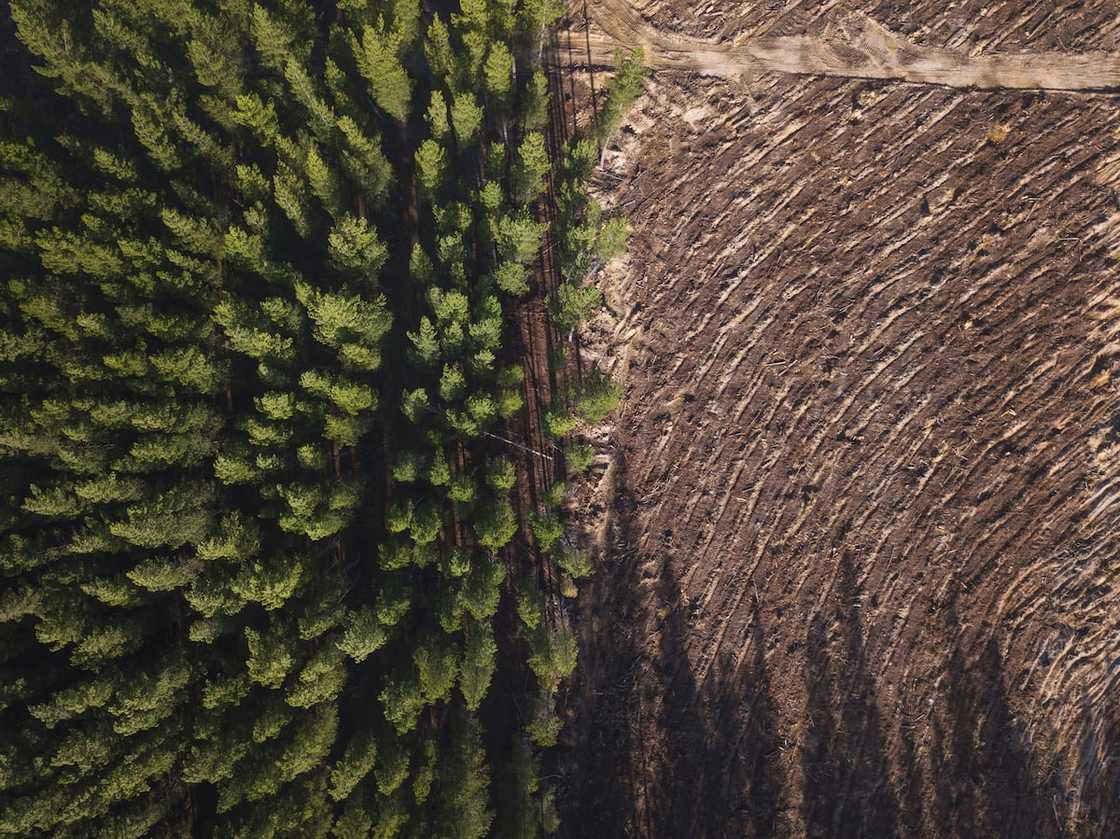
Source: Getty Images
Oceans - Climate change, waste and the impact on marine life
The ocean has an important role to play in the preservation of the planet. It makes up over 71% of our planet’s surface and 95% of all the space available to life. The ocean has an important role to play in regulating the global climate.
They absorb CO2 and heat, which help regulate the weather. According to the US' National Ocean Service, the ocean produces more than 50% of the world's oxygen and absorbs 50 times more carbon dioxide than the atmosphere.
WWF reported that it is estimated over 83% of the global carbon cycle circulates through the ocean. Ninety percent of the world's greenhouse gases have also been trapped in the marine waters over the last two centuries.
This could lead to more severe weather as the oceans help determine rainfall, droughts and floods. The high amounts of CO2 absorption and warming of the oceans are threatening coral reefs. There are numerous species that rely on these reefs for food and protection and they play an important part in the oceans' ecosystems.
According to scientists, should the current rates of temperature increase continue, coral reefs could be extinct by 2050.
Global warming is not the only thing impacting the ocean. Overfishing, illegal fishing, pollution and habitat degradation have all led to the ocean suffering.
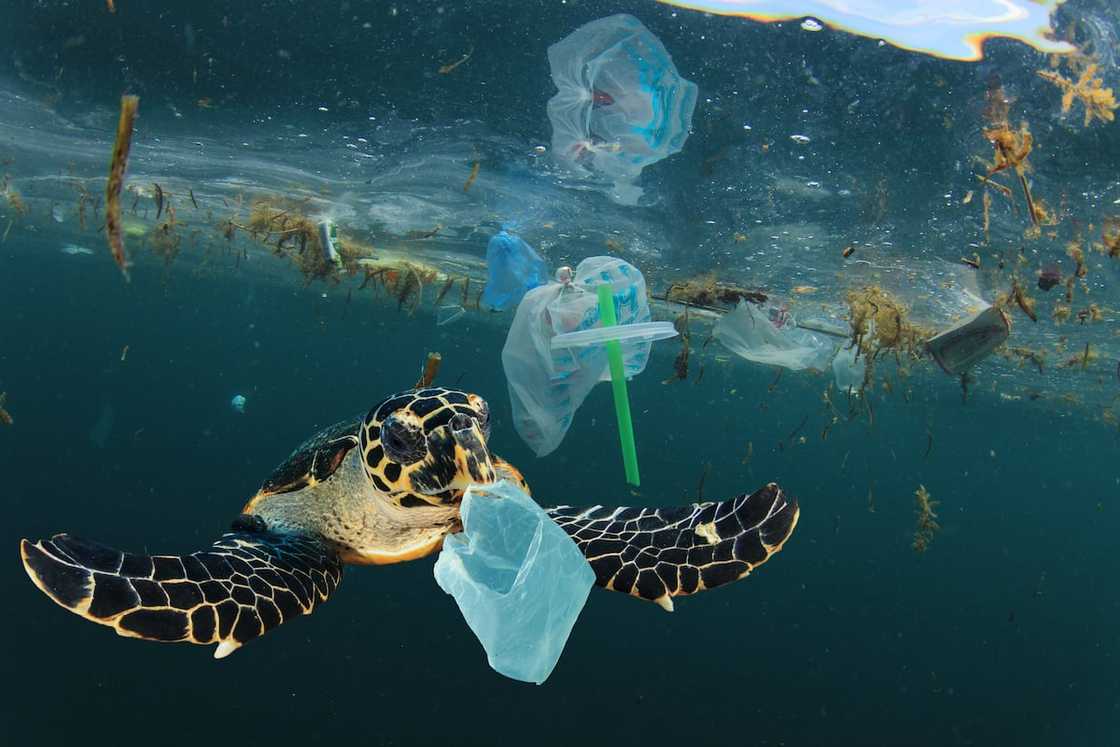
Source: Getty Images
One of the biggest issues to address in order to preserve the oceans and marine life is pollution. Millions of tons of plastic and other waste are polluting the ocean. According to a report by environmentalist Ellen MacArthur introduced at the World Economic Forum in Davos, Switzerland in January 2016, by 2050 there could be more plastic in the ocean than fish.
"In a business-as-usual scenario, the ocean is expected to contain one tonne of plastic for every three tonnes of fish by 2025, and by 2050, more plastics than fish (by weight)," the report read
MacArthur's report was based on a 2015 plastics study by the U.S. environmental group Ocean Conservancy. Although it can't be guaranteed that MacArthur's "analysis" will be correct, it does show the gravity of the situation.
How the Covid-19 pandemic hit reset on the environment... temporarily
The Covid-19 pandemic has devastated economies and claimed the lives of over 3.71 million people as of 5 June, 2021. However, it also showed that we are able to 'restore' the earth.
When the World Health Organization (WHO) first declared Covid-19 a pandemic it brought the world to a temporary standstill - there were less cars on the roads, boats in the water and airplanes in the sky.
As a result, air quality improved in many cities and we saw a reduction in water pollution in different parts of the world.
CSIR reported in May last year that satellites showed a decrease in air pollution in South Africa during the hard lockdowns.
Although it is unrealistic to expect the same measures to be taken to stop climate change, the Covid-19 lockdown did prove that with the right adjustments, we can help restore the environment.
It is our responsibility to protect what is left of our planet
Prof Esler has highlighted how important it is for society to intervene and protect what is left of our biodiversities.
She said:
"Wicked problems are interesting in that solutions are intricately tied to their complexity, and to resolve them requires an expanded focus. This means looking beyond the direct drivers of change (land or sea use change, over exploitation, invasive species, climate change) to include indirect drivers such as the values that drive our decisions, our governance, social and economic systems etc."
Prof Esler added a transformative change is needed and the attention should never stray far from this cause.
According to Esler, the United Nations declared 2021 - 2030 as the "Decade on Ecosystem Restoration", which poses a global challenge to reverse the "trend of degradation by scaling up restorative actions."
"For example – planting a few types of trees on a mass scale to sequester carbon may in fact pose a risks to biodiversity and cause greater problems such as increased catastrophic fire risks and changes in hydrology. A focus on complexity and diversity through ecological restoration might provide better opportunities," she told Briefly News.
The time for change is now
It has never been more crucial to start finding ways to fight climate change and other environmental issues. Many countries have already started taking steps to implement 'green' solutions.
Pakistan hosted this year's World Environment Day and the country's Prime Minister Imran Khan spoke about climate change during a virtual event.
Khan urged rich nations to step up in the fight against climate change by reducing their carbon emissions and helping poor countries.
"This is a chance for the world to correct its course. Now we have the next decade for ecosystem restoration," Khan said.
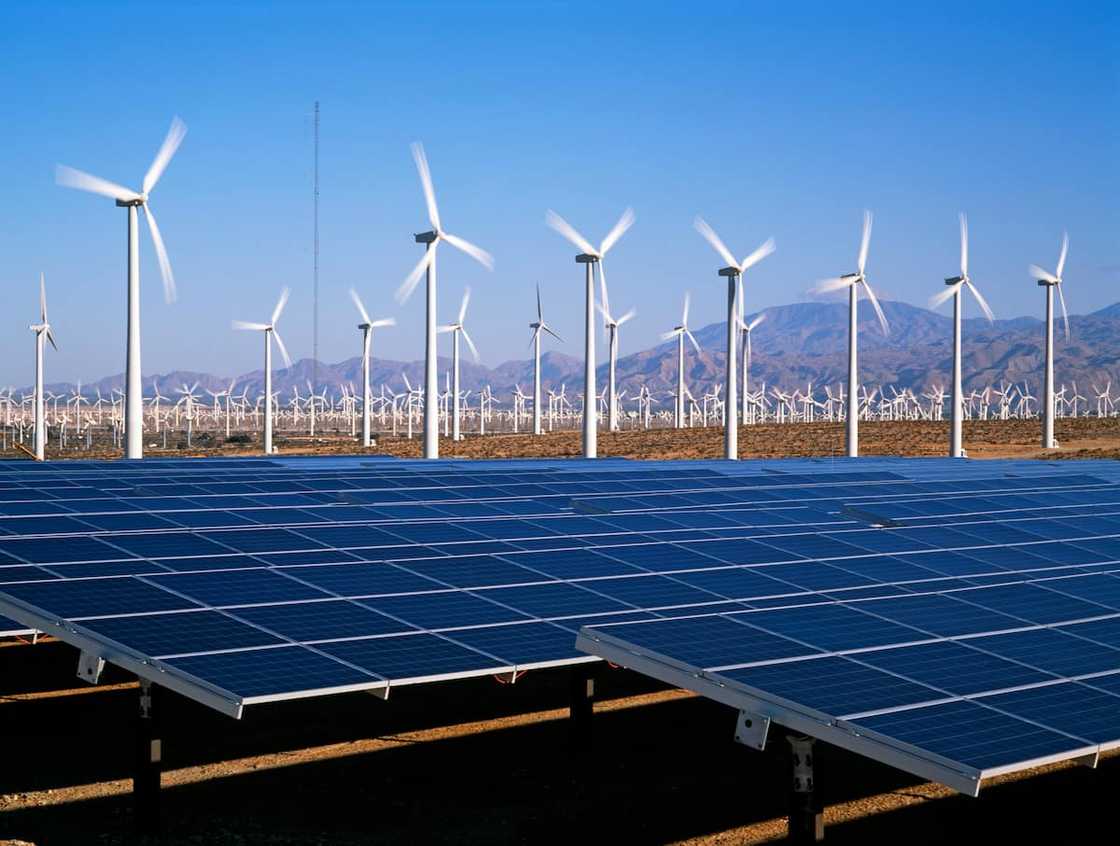
Source: Getty Images
Professor Esler reiterated how important it is that society starts taking these environmental issues seriously before it is too late.
She said:
"If nothing is done to stem the tide of degradation and to quell the loss of biodiversity, I think we can only expect further negative feedbacks to our own health and well-being, leading to a world stripped of glorious diversity and one full of inequalities and unjust outcomes. This is not the future I wish to envision."
Enjoyed reading our story? Download BRIEFLY's news app on Google Play now and stay up-to-date with major South African news!
Source: Briefly News







